In cases where it is absolutely necessary for the national interest, for disaster prevention and control, disease prevention, and to ensure the safety of people's lives and property, the Prime Minister may decide to apply other urgent measures as prescribed by current law.
On the morning of February 18, 2025, the National Assembly passed the amended Law on Government Organization with 463 out of 465 delegates voting in favor (accounting for 96.86% of the total number of National Assembly delegates).
The Prime Minister does not make decisions on matters that fall under the authority and responsibility of ministers.
Explaining, receiving feedback, and revising the draft Law on Government Organization (amended) before its adoption by the National Assembly, the Chairman of the Legal Committee, Hoang Thanh Tung, stated that, incorporating the opinions of delegates, this revised law has added several new mechanisms and policies aimed at significantly reforming the mechanisms for defining authority, decentralization, and delegation.
This aims to implement the Party's policy of promoting decentralization and delegation of power, strengthening the responsibility of leaders, and fostering the initiative, creativity, and willingness to think outside the box and take responsibility of agencies within the state apparatus. This will help to promptly address institutional and administrative bottlenecks, unlock resources for development, and proactively respond to changes in the domestic and international situation, all for the common goal of national growth and development.
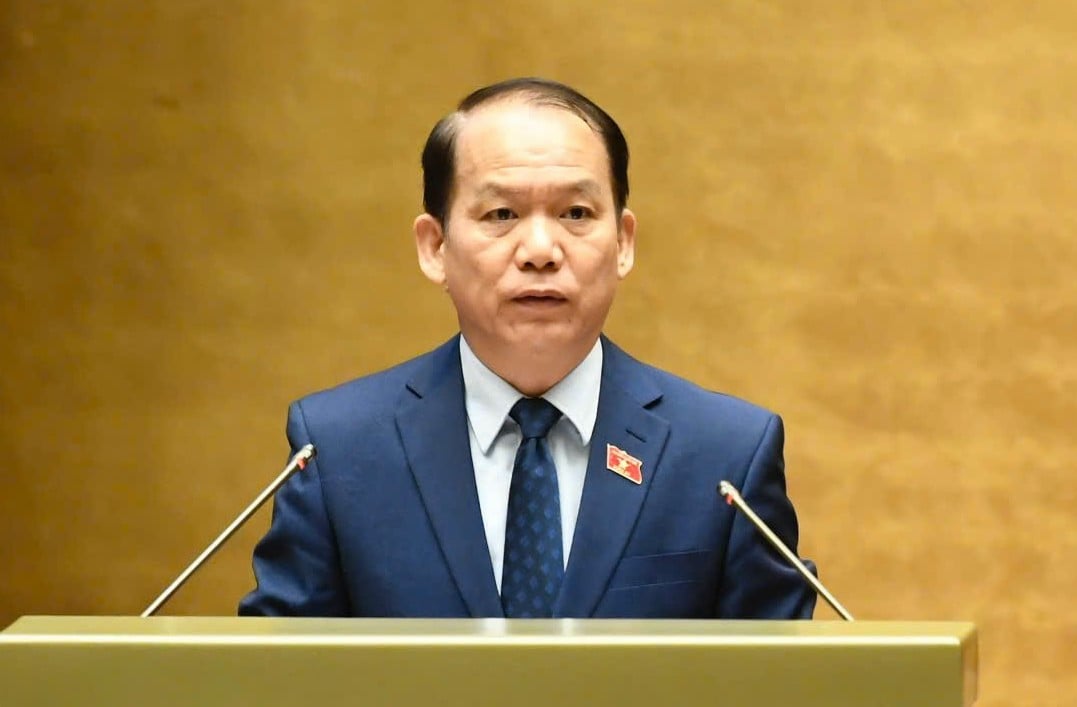
Chairman of the National Assembly's Law Committee, Hoang Thanh Tung, explains, receives feedback, and revises the draft Law on Government Organization (amended). Photo: National Assembly
One of the notable aspects of this law is the provision regarding the duties and powers of the Government. Specifically, Clause h, Point 8, Article 10 of the law stipulates: “Based on the approval of the competent authority, the Government shall report to the Standing Committee of the National Assembly to request permission to implement solutions different from those stipulated in current laws, resolutions, and ordinances in cases where it is necessary to mobilize resources to implement national target programs and nationally important projects, and then report to the National Assembly at the nearest session.”
Another noteworthy point is that the law adds to point e, clause 4, Article 13, stipulating the authority of the Prime Minister: "In cases where it is absolutely necessary for the national interest, for disaster prevention and control, epidemic prevention, and to ensure the lives and property of the people, the Prime Minister shall decide to apply other urgent measures prescribed by current law, and report to the competent authorities of the Party and the National Assembly as soon as possible."
Regarding the regulation on the principle of delineating authority (Article 6), Mr. Tung said that there were suggestions to reconsider the regulation ensuring the principle that "the Prime Minister does not decide on specific issues within the authority of ministers and heads of ministerial-level agencies" in his capacity as a member of the Government for the sectors and fields assigned to him, because it is not clear enough and not consistent with the regulation on the Prime Minister "deciding on issues when there are differing opinions among ministers and heads of ministerial-level agencies".
Additionally, there is a suggestion to add the following content to Article 6: "In necessary cases, the Government and the Prime Minister shall direct and manage the resolution of issues within the authority of lower levels to ensure timeliness, flexibility, and effectiveness in the organization and implementation of laws, meeting practical requirements."
The Standing Committee of the National Assembly has reviewed and revised this content to clearly and comprehensively define the authority of the Prime Minister and ministers and heads of ministerial-level agencies as assigned by the Government, and to meet the practical requirements of management.
Accordingly, the law stipulates: “The Prime Minister is the head of the Government; he/she leads the work of the Government and is responsible to the National Assembly for the Government's activities and assigned tasks, but does not decide on matters within the authority and responsibility of ministers and heads of ministerial-level agencies in their respective sectors and fields as assigned by the Government. If necessary, the Government and the Prime Minister shall direct and manage the resolution of issues within the duties and powers of ministers, heads of ministerial-level agencies, and local governments.”
Regarding the proposal to add a mechanism for the Prime Minister to supervise ministers, if a minister fails to fulfill their duties, the Prime Minister has the right to propose to the National Assembly a vote of no confidence or to take measures to rectify the performance of that ministry.
The Standing Committee of the National Assembly stated that, in addition to the oversight mechanism through the National Assembly's vote of confidence, the draft law stipulates the responsibility of ministers and heads of ministerial-level agencies to "bear personal responsibility before the Prime Minister, the Government, and the National Assembly for the sector or field under their management."
In addition, the law also stipulates the Prime Minister's authority to "submit to the National Assembly for approval proposals for the appointment, dismissal, and removal from office of deputy prime ministers, ministers, and heads of ministerial-level agencies. During periods when the National Assembly is not in session, submit to the President for decision the temporary suspension of work of deputy prime ministers, ministers, and heads of ministerial-level agencies."
The law's provisions aim to ensure checks and balances on the power of these positions.
"The level that performs well and efficiently should be directly assigned the task."
A core issue of this law is the decentralization, delegation, and authorization of powers. This law has been designed to be consistent with the provisions in the draft Law on Organization of Local Government (amended) regarding the decentralization of powers.
This clearly defines the agencies, organizations, and individuals receiving the rights stipulated in the laws and resolutions of the National Assembly. For matters where power has been delegated to local governments according to the principles of decentralization stipulated in the Law on Organization of Local Government, local governments proactively decide, organize implementation, and are responsible for the delegated tasks and powers.
Regarding decentralization, the Standing Committee of the National Assembly has directed a review to ensure consistency, uniformity, and clear identification of the decentralizing entities, the receiving entities, and their responsibilities; and the methods for implementing decentralization.
Based on the principle of decentralization in this law, when implementing delegation of authority and decentralization, specialized legal documents will specifically identify issues that are not to be decentralized.
Regarding delegation of authority, the provisions in the law have been designed to be consistent with the regulations in the draft Law on Organization of Local Government (amended). Specifically, it clearly defines the delegating entity, the delegated entity, and the responsibilities of these entities; the methods, content, scope, duration of delegation, and the fundamental conditions for carrying out the delegation of authority.
Regarding the request for clarification on whether subordinates have the right to refuse delegated tasks, authority, or authorization if they find they lack the necessary qualifications to perform them.
According to the Standing Committee of the National Assembly, the mechanism for refusing to accept delegation and authorization is stipulated in Clause 5 of Article 8 and Clause 6 of Article 9, ensuring harmony between the principle of public service performance in Clause 2 of Article 5, "ensuring the principle of subordinate agencies submitting to the leadership, direction, and strict compliance with the decisions of superior agencies," and the proactive role of agencies, organizations, and individuals receiving delegation and authorization in providing feedback and proposing adjustments to the content of delegation and authorization when the conditions for implementation are not met.
This law also accurately reflects the Party's policy of promoting decentralization and delegation of power, stating that "the level that performs well and efficiently should be directly assigned tasks."
The Law on Government Organization is the fundamental, general law on decentralization and delegation of power, therefore it only stipulates general issues of a principled nature. Specific decentralization contents and conditions in each management field should be regulated by specialized laws to ensure flexibility and suitability to the industry, field, and development practices in each stage.
The amended Law on Government Organization, comprising 5 chapters and 32 articles, will take effect from March 1, 2025.
Source: https://moha.gov.vn/tintuc/Pages/danh-list-of-featured-news.aspx?ItemID=56886






























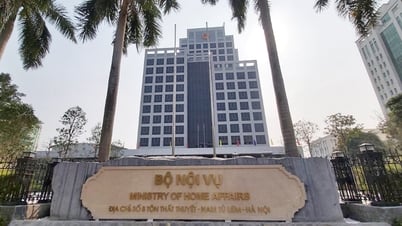
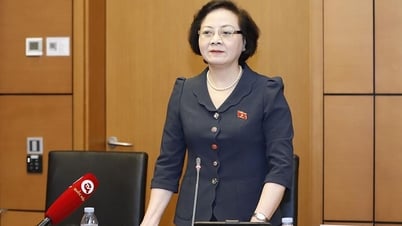
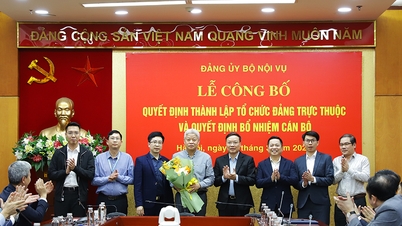
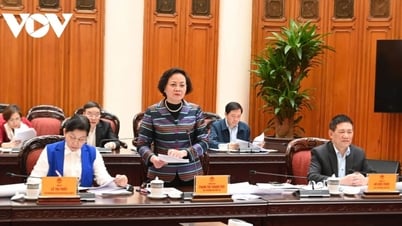
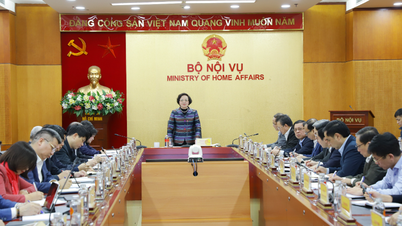















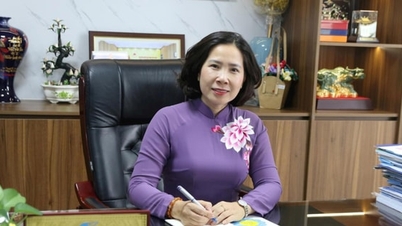












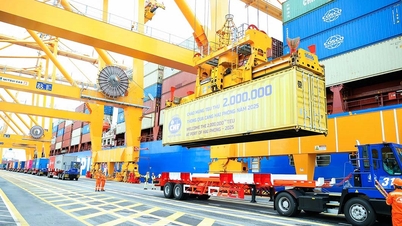
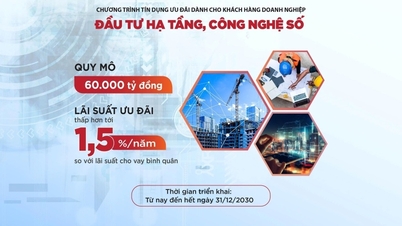















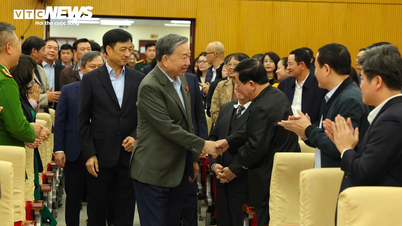











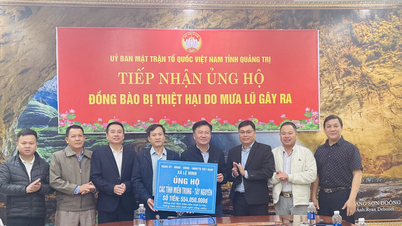













Comment (0)